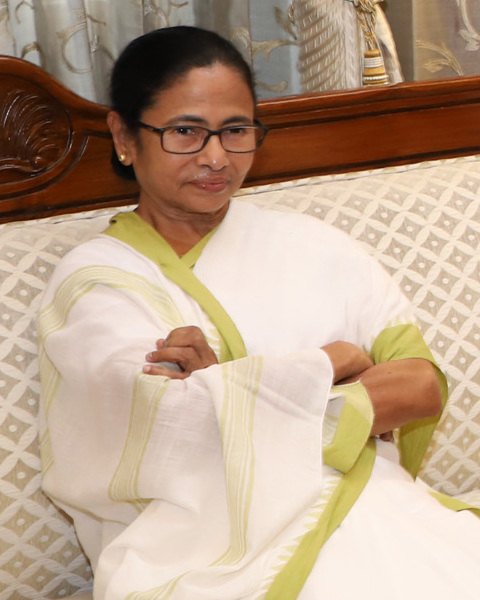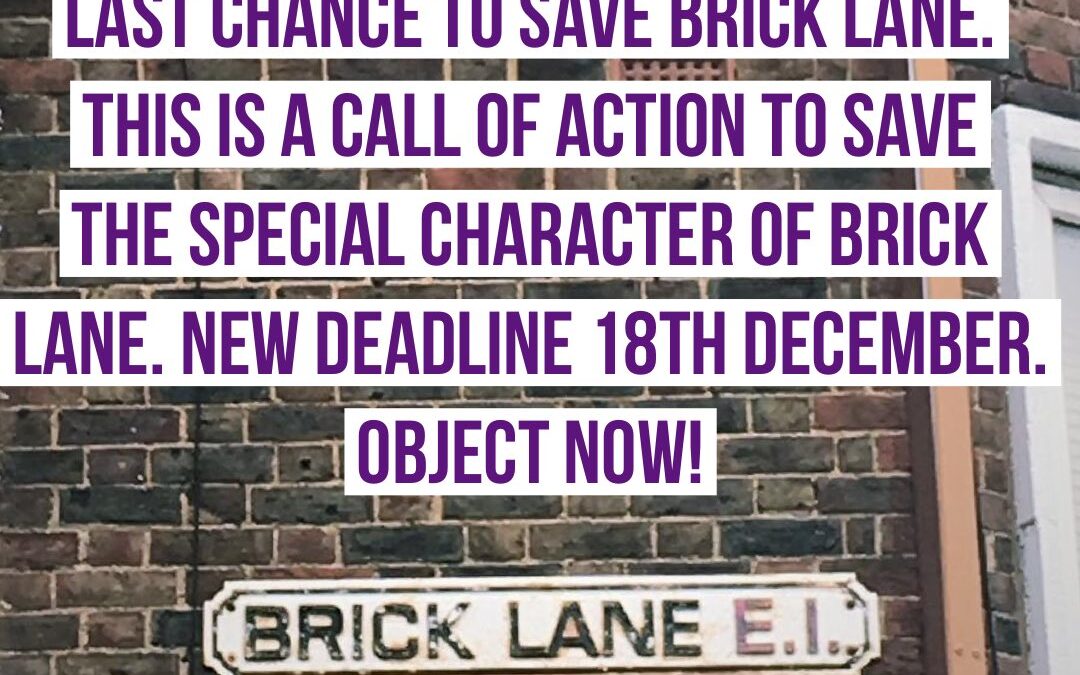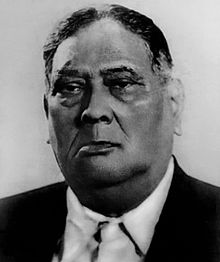What happened when the development committee met on the 27th of April 2021 to determine the application by Truman?
Below is a summary of what happened and possible ways forward.
High Noon at the Town Hall
On the 27th of April 2021, the Development Committee at Tower Hamlets Council met. The first substantive item to be heard by the Committee was the Truman Brewery application, for the site on Brick Lane.
On one side an assortment of residents, local activists and councillors. On the other, Truman Brewery, paid professionals and an ex resident of Brick Lane.
Arguments were made on both sides. Arguments against were made by a broad coalition of objectors. Facing them off, were the paid agents and ‘friends’ of Truman’s. After listening to the arguments, the Development Committee decided to defer the item. The deferral was one of the key demands of the campaigners.
What next?
Moving on, all focus, is on the next Development Committee hearing on the 17th of June 2021, for a second round. It is an opportunity for campaigners to articulate their arguments, much more clearly and get the community on their side. Against Truman, a coalition of residents and local businesses have come together. An opportunity there to artculate long term, sustainable, demands that relate to the Truman application and beyond. Demands to preserve the Brick Lane and East End we know and lov, a welcoming place for the marginalised at home and abroad, a place of new ideas and new beginnings.
Double Meaning on the 27th of April, enter the Tiger of Bengal, ‘Sher E Bangla’
The 27th of April was not only the day when the Truman application was heard, it was also the death anniversary of A K Fazlul Huq, the first elected Prime Minister of Bengal in 1937. He ran on a popular ticket of land reform, taking on the political machine of the feudal landlords of Bengal. A socialist, In office he instituted a program of land reform, social and welfare reforms, including universal free primary education.
Pre-Independent Bengal at the time, was an unequal society, with wealth concentrated in the hands of a select group of feudal landlords, ‘zamindars’. A pattern of landholding and wealth created by Lord Cornwallis, who as the Governor of the East India Company in the 18th century, implemented the Permanent Settlement Act.
To undo the effects of the Permanent Settlement Act, Fazlul Haq instituted the first program of land reform in the Indian Subcontinent, which he completed as the Attorney General of Pakistan post-independence. A successful program whose benefits can be seen through the generations in both Bengals, West and modern-day Bangladesh. Both Bengals have comparatively low inequality levels.
Dividends of low levels of comparative inequality and high levels of education, which have fed into the long tradition of progressive politics in both Bengals, Sparing the populations the takeover of extreme communal politics which have beset other areas of the Indian Subcontinent. Recently the left wing party of Mamata Banerjee saw off the BJP fascists, with a landslide victory in the West Bengal elections.

Round 2, Game On! #KhelaHobe
Just like then, the discussion around Brick Lane is one of land reform, moving exclusive models of land ownership and rights, to one which is inclusive, taking into account and mitigating the negative effects of any proposed developments.
It seems history has come around a full circle with responsible land ownership. The debate has moved from Bengal to near the headquarters and area of the old warehouses of the East India Company. Can history repeat itself? Watch this space…
Game On! #KhelaHobe
“When the tiger arrives, the lamb must give away” – — Muhammad Ali Jinnah’s comment while making way for Huq, who entered the hall, to address the All India Muslim League Lahore Resolution Session



Recent Comments